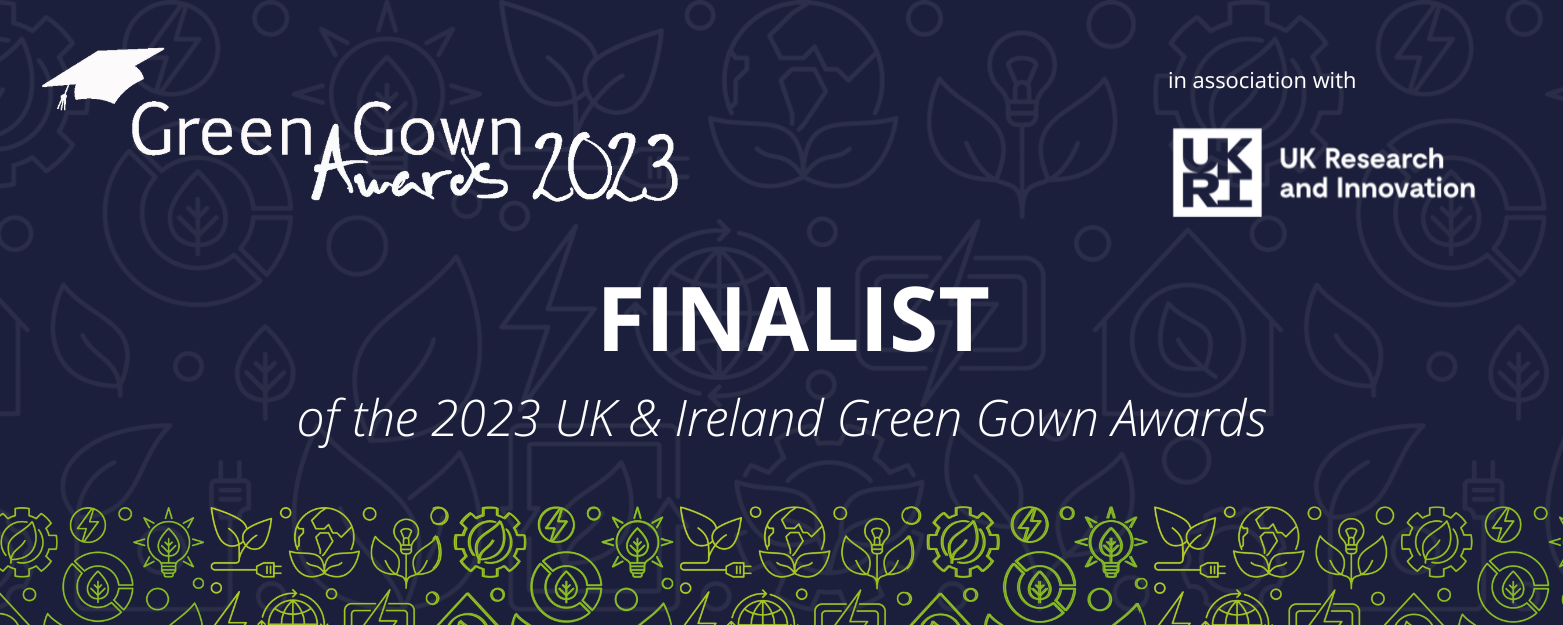Carbon Management
We’re proud to be one of the first UK universities to declare a climate emergency.
Aberystwyth University published our Towards Net Zero 2030 Strategy in 2023, highlighting the steps we're taking to achieve these goals.
Over the last 3 years, we've invested over £6 million in carbon reduction measures, including our solar array, energy efficiency improvements and lighting projects. Read more about these below.

